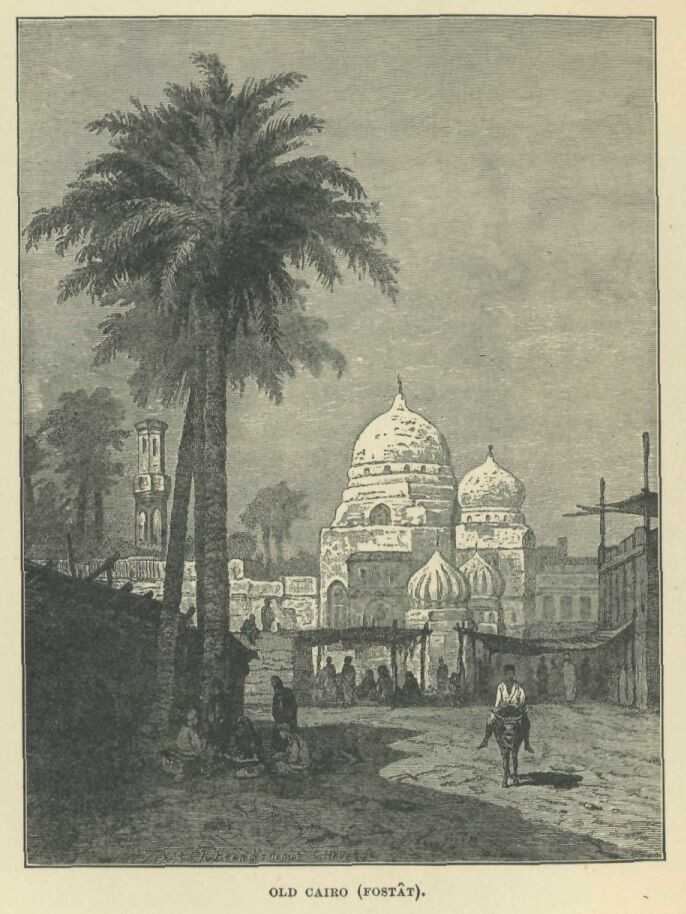Teucer of Babylon (also spelled Teukros and Tinkalūŝā[1]) was an ancient Egyptian astrologer of uncertain date, though possibly of the first century AD.[2] He is used as a source by Vettius Valens.
The 'Babylon' in his name is the Babylon Fortress near Cairo, not the ancient city in Mesopotamia.
His name Teucer seems to be a pseudonym in view of the archer in the Iliad hinting to his ‚stochastic‘ art. The origin „from Babylon“ means the Egyptian district Babylon, today Fostat (Fustat), Cairo. date: he lived between the end of the second century B.C. and the middle of the first century B.C.
After the city's founding in 641, its authority was uninterrupted until 750, when the Abbasid dynasty staged a revolt against the Umayyads. This conflict was focused not in Egypt, but elsewhere in the Arab world. When the Abbasids gained power, they moved various capitals to more controllable areas.
They had established the centre of their caliphate in Baghdad, moving the capital from its previous Umayyad location at Damascus. Similar moves were made throughout the new dynasty. In Egypt, they moved the capital from Fustat slightly north to the Abbasid city of al-Askar, which remained the capital until 868. When the Tulunid dynasty took control in 868, the Egyptian capital moved briefly to another nearby northern city, Al-Qatta'i.[2] This lasted only until 905, when Al-Qatta'i was destroyed and the capital was returned to Fustat. The city again lost its status as capital city when its own vizier, Shawar, ordered its burning in 1168, fearing it might fall into the hands of Amalric, king of the Crusader Kingdom of Jerusalem. The capital of Egypt was ultimately moved to Cairo.
The Umayyad Caliphate (661–750 CE; UK: /ʊˈmaɪjæd, uːˈ-/,[2] US: /uːˈmaɪ(j)əd, -aɪæd/;[3] Arabic: ٱلْخِلَافَة ٱلْأُمَوِيَّة, romanized: al-Khilāfah al-ʾUmawīyah)[4] was the second of the four major caliphates established after the death of Muhammad. The caliphate was ruled by the Umayyad dynasty (Arabic: ٱلْأُمَوِيُّون, al-ʾUmawīyūn, or بَنُو أُمَيَّة, Banū ʾUmayyah, "Sons of Umayyah"). The third caliph of the Rashidun Caliphate, Uthman ibn Affan (r. 644–656), was also a member of the Umayyad clan. The family established dynastic, hereditary rule with Muawiya ibn Abi Sufyan, long-time governor of al-Sham (Greater Syria), who became the sixth caliph after the end of the First Muslim Civil War in 661. After Mu'awiyah's death in 680, conflicts over the succession resulted in a Second Civil War[5] and power eventually fell into the hands of Marwan I from another branch of the clan. The region of Syria remained the Umayyads' main power base thereafter, and Damascus was their capital.
"Sons of Umayyah"
In Hebrew, Maya has two meanings. One as an alternate form of Miya, meaning "from God."

